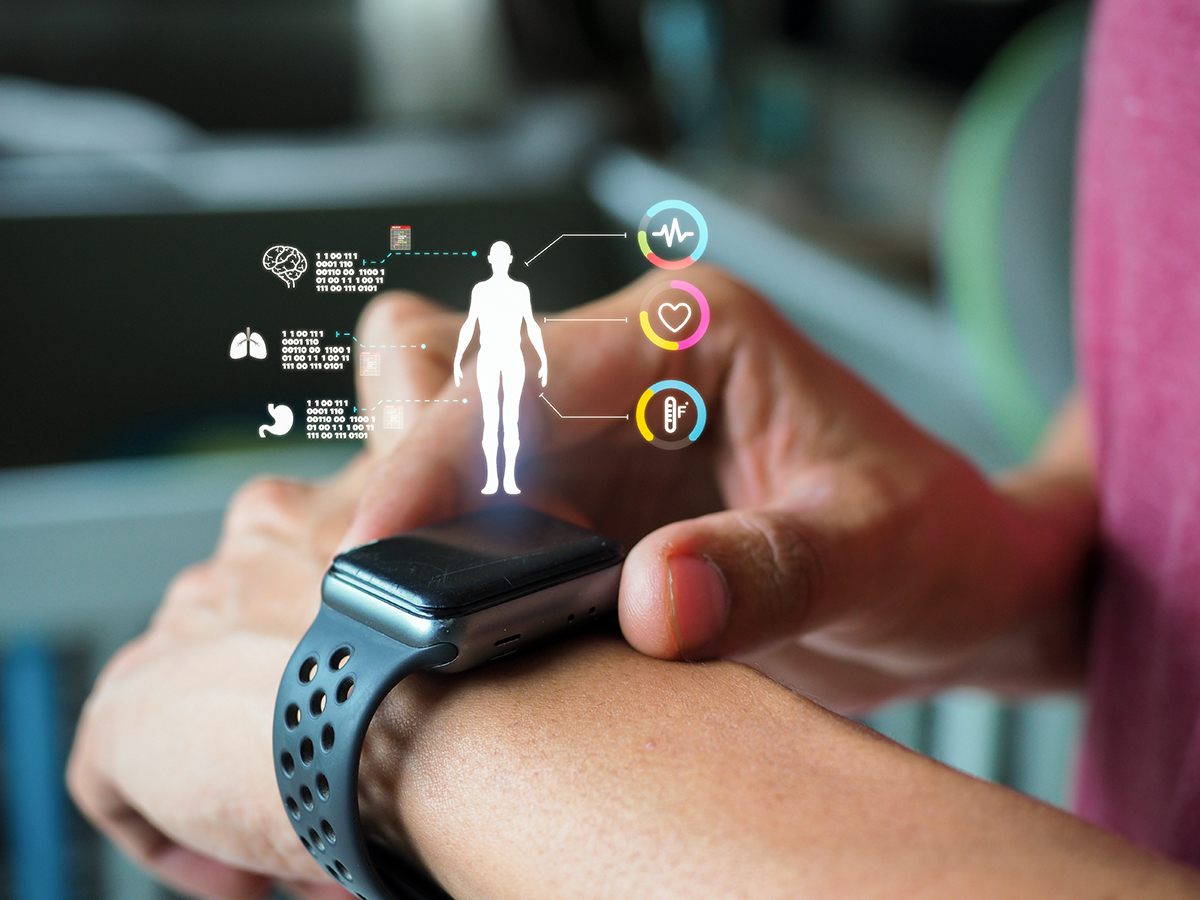
The Role of Genomics in Healthcare

Have you ever heard the phrase, “It’s in their genes?” We often hear this uttered when someone is successful in the same field as their parents or grandparents. Whether an athlete, movie star, or businessperson, their achievements are almost always accredited to their lineage. What about when it comes to health? When we hear that someone, we know has been diagnosed with heart disease or cancer, we question if it runs in their family. With many diseases, it is quite possible people possess a genetic predisposition.
Genomics play a large role in the healthcare field. However, it can be a challenge to properly harness, store, and effectively turn data into actionable intelligence. Innovations in the field of artificial intelligence (AI) and machine learning (ML) have helped propel genomics forward with no sign of slowing down.
What is Genomics?
Genomics is an interdisciplinary field of biology focusing on the structure, function, evolution, mapping, and editing of genomes. A genome is an organism’s complete set of DNA, including all its genes as well as its hierarchical, three-dimensional structural configuration. Genomics improves the early diagnoses for patients and opens the door for new therapies and treatments of debilitating diseases. Through advancements in technology, genomics is becoming more affordable and mainstream. The global genomics market was over 22 billion USD in 2020, but it is forecast to grow greater than $54 billion by 2025.
History of Genomics
To understand where genomics is going next, it’s important to look back in history to see how far it’s come. Genomics dates back to 1871. Perhaps one of the most recognized achievements came in 1990 when the Human Genome Project was launched. It was an effort by bio scientists to sequence 3 billion letters of the human genome. The project took 13 years, but with it came better technologies that continue to impact medical research today.
How Genomics is Applied in Healthcare
Genomics leads researchers to important discoveries about why certain people fall ill to disease and are impacted by environmental factors while others do not suffer the same fate.
Genomics can be used for the following:
- Assess patient risk
- Help with diagnoses
- Prenatal testing to detect abnormalities
- Preventative care
Among others, the following diseases are considered complex because of their genetic and environmental factors and are thus studied with genomics:
- Heart disease
- Diabetes
- Cancer
According to WHO, cancer is responsible for 1 in 6 deaths globally. Research and detection are key to preventing cancer deaths and genetic predisposition plays a major role in this area where data science and genomics overlap. Consequently, experts are well aware of AI’s role in advancing genomics and cancer diagnosis through big data analytics. Because of genomic technology, breakthroughs in these fields will continue.
Genomics and Data
Healthcare data is growing faster than data in any other sector. However, with growth comes healthcare data quality challenges. Data quality is understood from the perspective of characteristics including but not limited to:
- Availability
- Accuracy
- Validity
- Completeness
- Consistency
- Currency
- Usability
Looking from a data science lens, a data engineering program is an efficient way to turn data into actionable intelligence. The amount of genomic data continues to increase and within the decade, it’s predicted that genomic research will directly be responsible for between 2 and 40 exabytes of data. Because it’s produced in such large quantities and requires large storage and computing capacities, genomic data can pose a real challenge to healthcare facilities. It’s safe to say the need for AI/ML tools will rise incrementally as there will always be a need for data interpretation.
One such solution is the Snowflake data cloud.
Snowflake data cloud allows the extraction of sequencing outcomes from sequencers like Illumina and further support analysis of the genomic reads. The Snowflake platform can store both structured and semi-structured data using compressed columnar storage. It can also help co-locate structured phenotype data and semi-structured annotation data to provide new possibilities.
Snowflake helps genomic organizations turn read sequences into actionable insights that can be used in healthcare. Snowflake not only provides a vast data warehouse, but also integrations with partners like Tableau that deliver interactive analytics, Alteryx that offers advanced predictive analysis of large data sets, and Squark that uses ML and augmented intelligence to uncover human genomic patterns and predict human characteristics.
While Snowflake data cloud helps with data extraction, storage, and predictive analysis of genome sequencing, it goes a step further to provide integrations with the healthcare system. Besides the sequencer, Snowflake platform can consolidate data from multiple sources like EHR systems, insurance claims, and other lab results.
Genomic Technology Progression
It’s fair to say that since its inception, genomics has flourished in ways that many could not have anticipated. Some of the newest genomic technologies include:
- Proteomics- Help to uncover abnormal proteins that lead to various diseases
- Pharmacogenetics/Pharmacogenomics- These studies are helping to advance the manufacturing of drugs for individuals based on genetic makeup
- Stem cell therapy- Stem cells have been used in various treatments to treat diseases in people of all ages
- Cloning- The two types of cloning related to humans include therapeutic and reproductive cloning
Genomics and the Future of Healthcare
Because of genomics, all indications suggest the future looks very promising. As technological advancements continue, there’s no telling where we can find ourselves next year, five years from now, or even a decade in the future. We’ve already witnessed how early patient diagnosis has helped to save lives and have been introduced to new treatments and therapies for chronic diseases. However, no progression, whether in science or business, comes without its own challenges.
Harnessing, storing and effectively turning data into actionable intelligence can be difficult, but the advancements made in AI/ML-based tools and applications have helped to power the cause. The Human Genome Project led to various breakthroughs in medicine and technology. Because of it, personal genomics is increasingly becoming more affordable. As alluded to, pharmacogenomics can help maximize the effects of drugs based on a patients genetic makeup. Personal genomics may be the tip of the iceberg as to what we can expect from the future of healthcare.
Apexon’s Digital Engineering and Data Engineering services help companies to accelerate innovation, improve business operations, solve challenges and turn data into actionable insights. If you’re interested in learning more about how Apexon helps life sciences, healthcare, and medtech companies rethink their business processes, modernize patient engagement, and leverage digital technology to create a sustainable competitive advantage. Check out our Life Sciences Technology Solutions or get in touch with us directly using the form below. To learn more about Snowflake, check out the Apexon – Snowflake partnership or get in touch using the form below.




